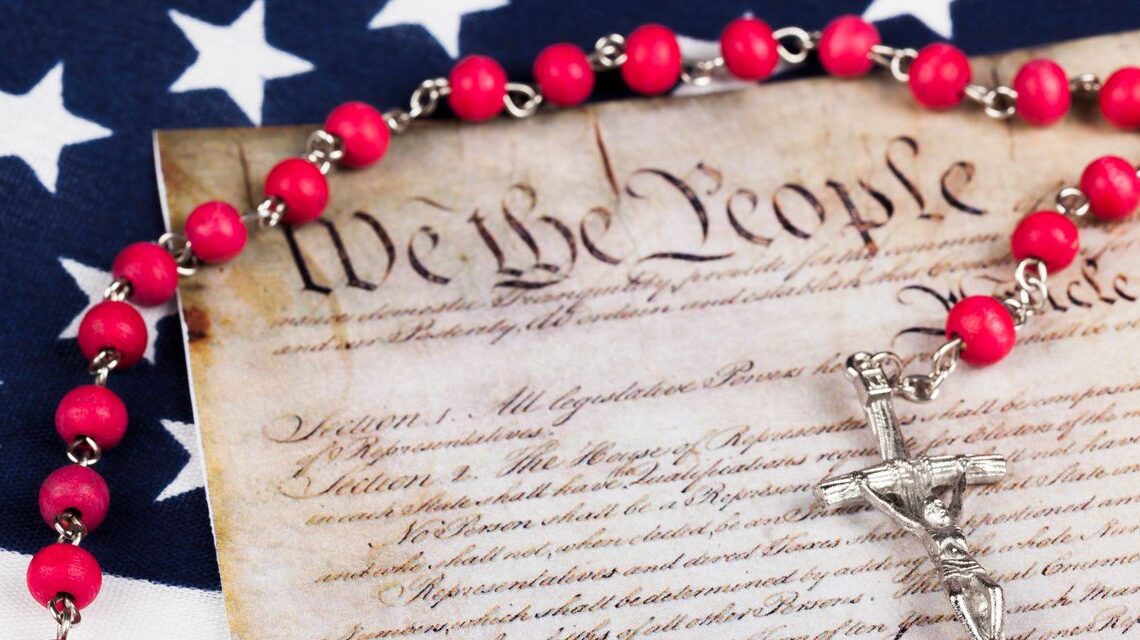Americans have never agreed that one religion is true and good, but we’ve accepted the Founders’ view that all people must have the freedom to exercise religion and that this freedom is so sacrosanct it deserves special protection in our Constitution.
But that consensus has faded. According to the prevailing moral orthodoxy, religious practice not only isn’t celebrated; it’s increasingly intolerable. Those who affirm traditional beliefs about human life and nature—from abortion to marriage, to distinctions between the sexes—are cast as dangerous to democracy. Especially troubling is that such calls often come from the government, whose duty is to defend religious rights. Take the Equality Act—pending in Congress and supported by the Biden administration—which would vastly expand antidiscrimination laws and expressly bar religious exemptions. The effect would be to subject dissenters from secular orthodoxy to ruinous lawsuits.
Weakened protections for religious practice at home harm faithful citizens. They gravely affect those abroad, too. By pushing religion to the margins, we undermine our moral leadership and ability to aid the millions of people—Christians, Muslims, Jews, Yazidis, Bahá’ís and others—who are persecuted for their religious beliefs.
This cultural change didn’t happen overnight, but a bipartisan consensus on the importance of religious liberty remained strong well into the 1990s. In March 1993 then Rep.
Chuck Schumer
introduced the Religious Freedom Restoration Act, a bill meant to fortify protection against laws that “substantially burden a person’s exercise of religion” unless the government can show that it was furthering a “compelling governmental interest” via the “least restrictive” means possible. The measure passed with overwhelming bipartisan support. “Our Founders cared a lot about religion,” President Clinton said at the signing ceremony. “They knew that religion helps to give our people the character without which a democracy cannot survive.”
Five years later Mr. Clinton signed the International Religious Freedom Act, designed not only to reduce persecution of religious minorities abroad but to convince nations that religious freedom promotes pluralism, economic growth, stability and security.
IRFA created a new mission in the State Department, led by an…
Click Here to Read the Full Original Article at RSSOpinion…

